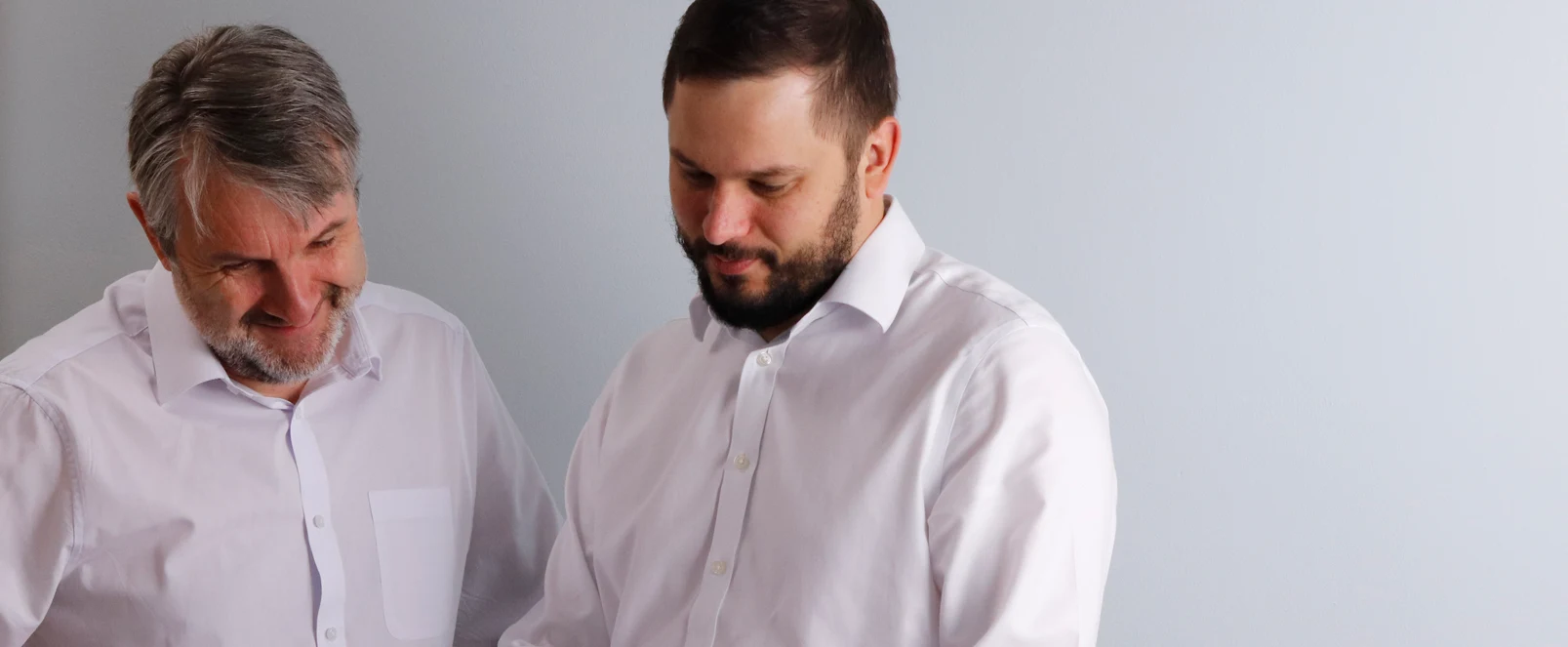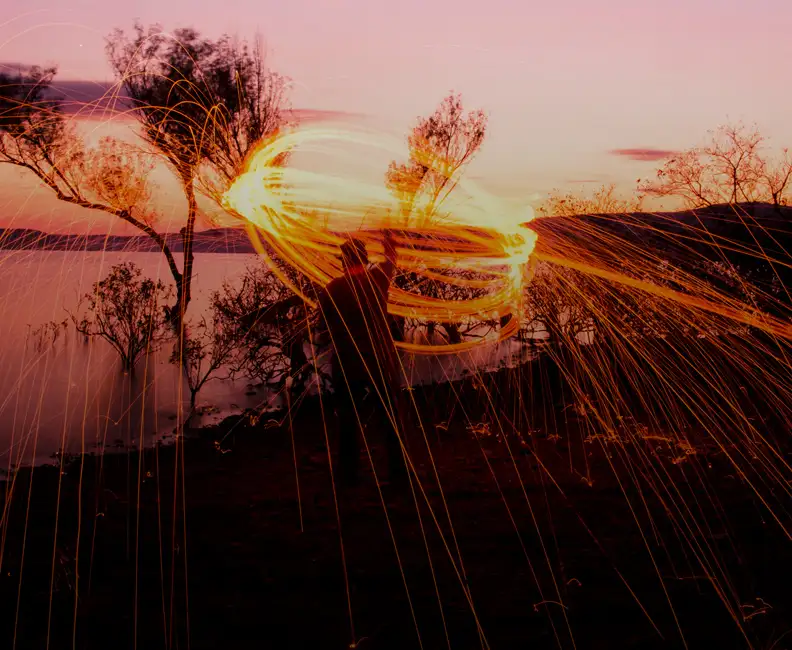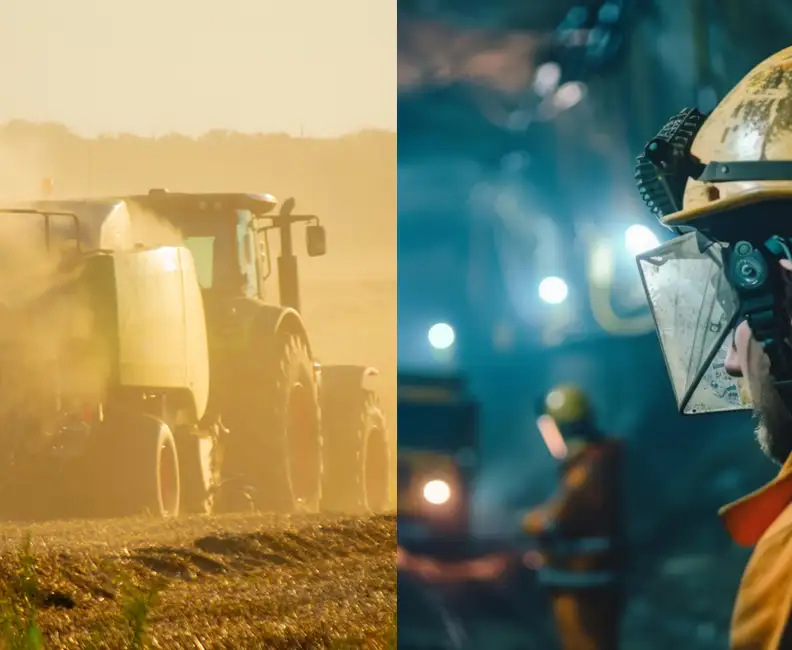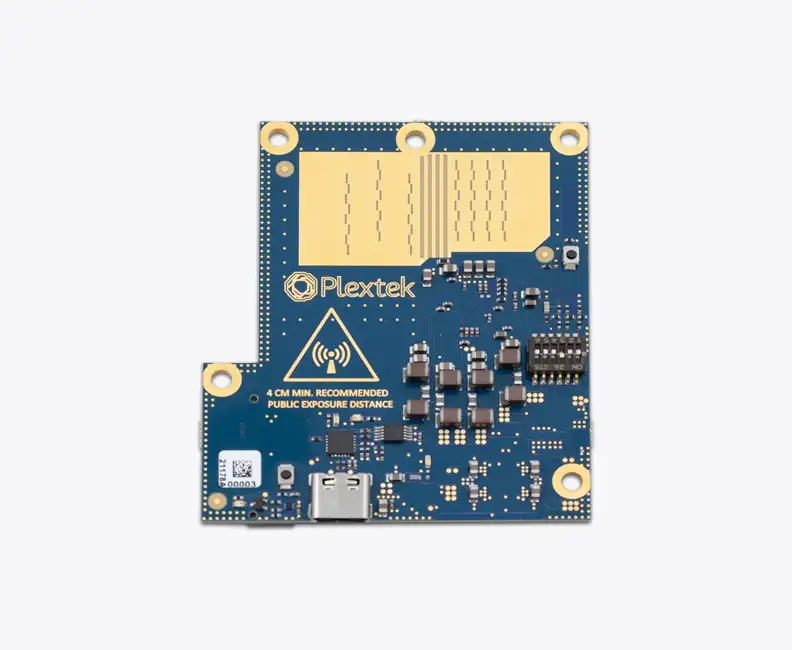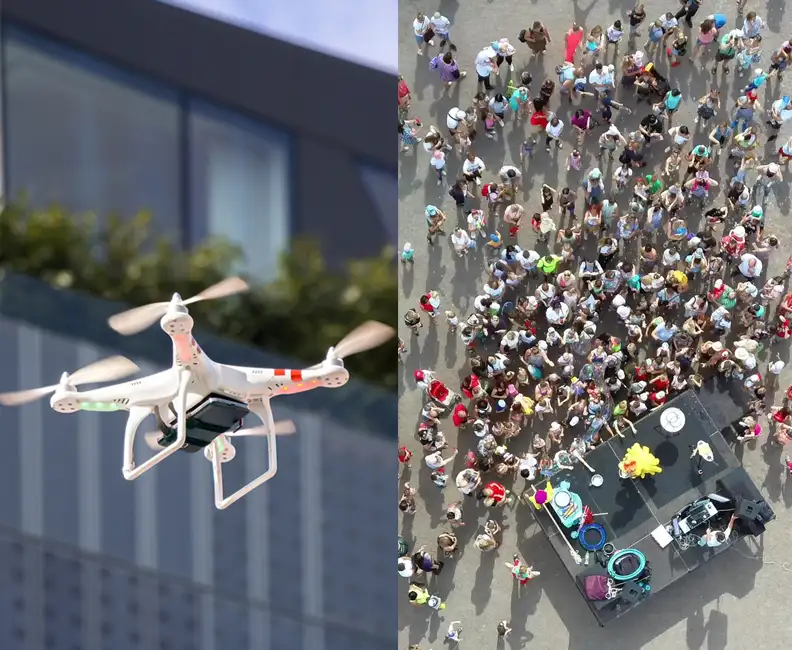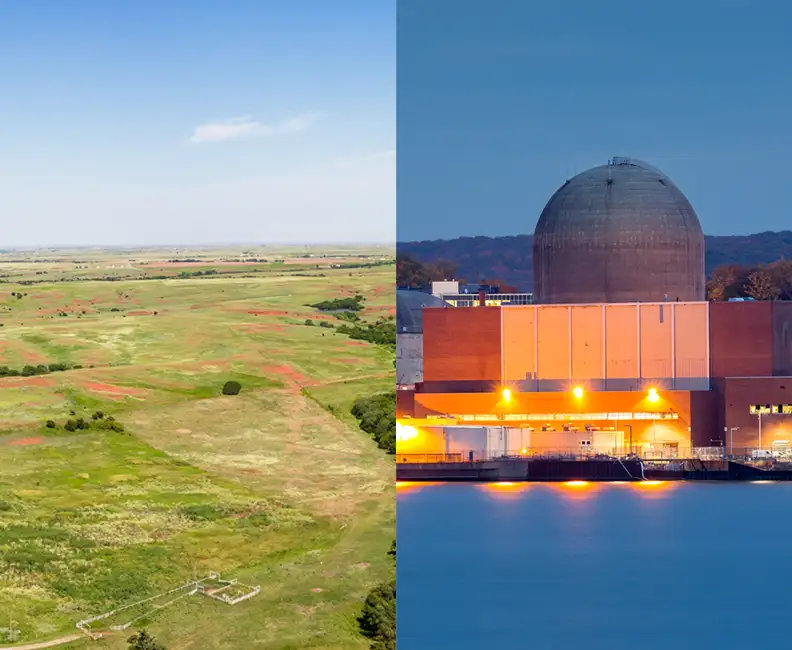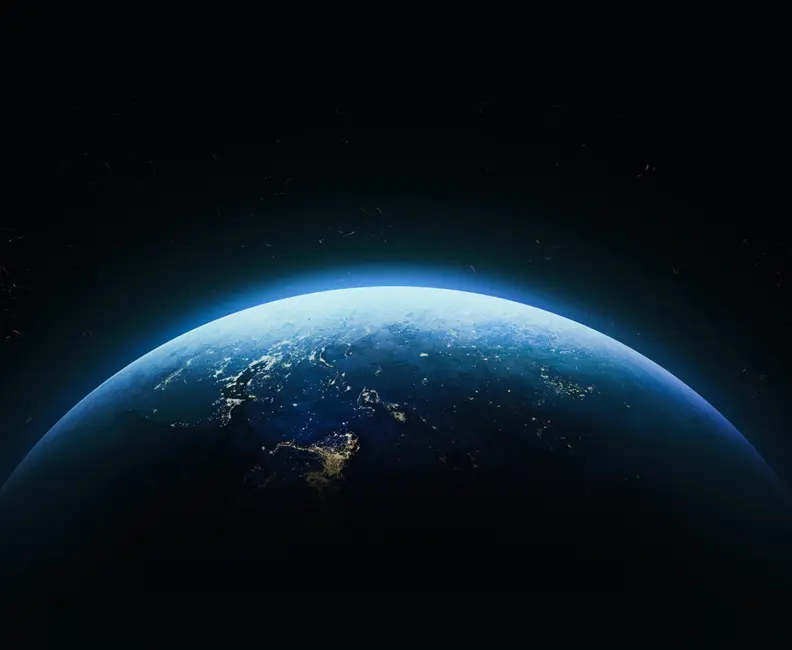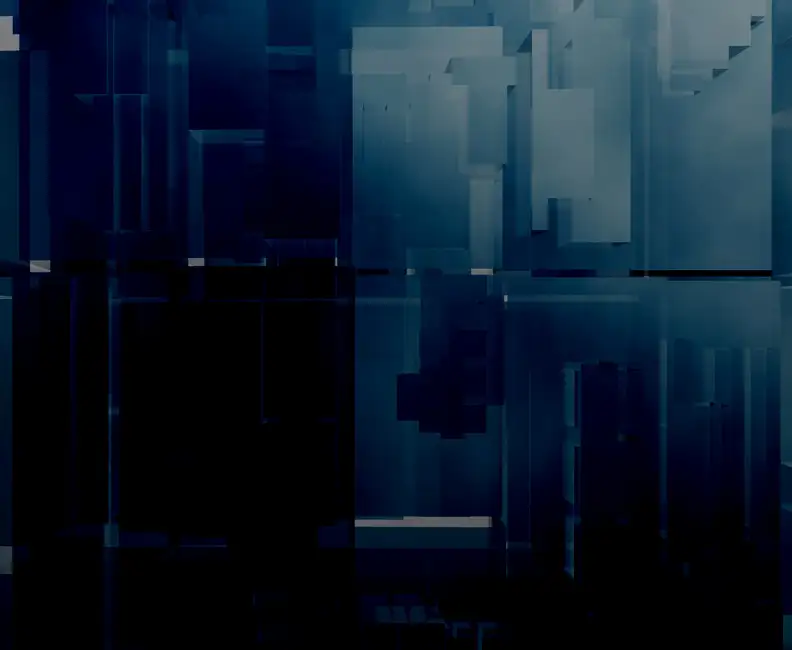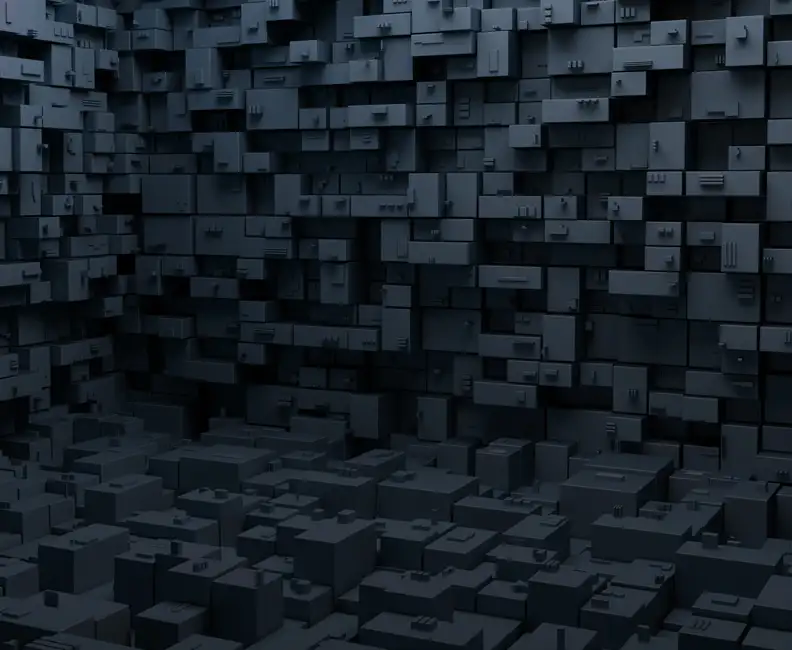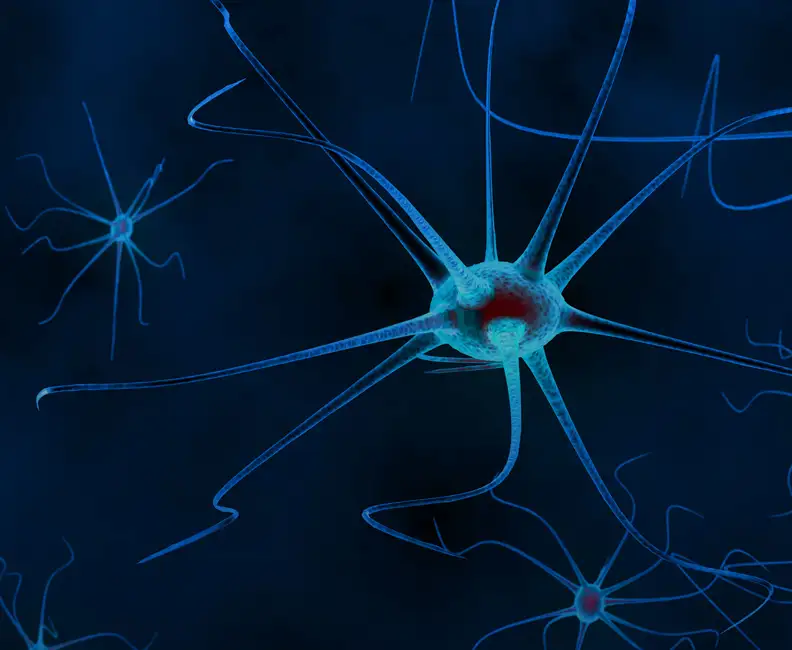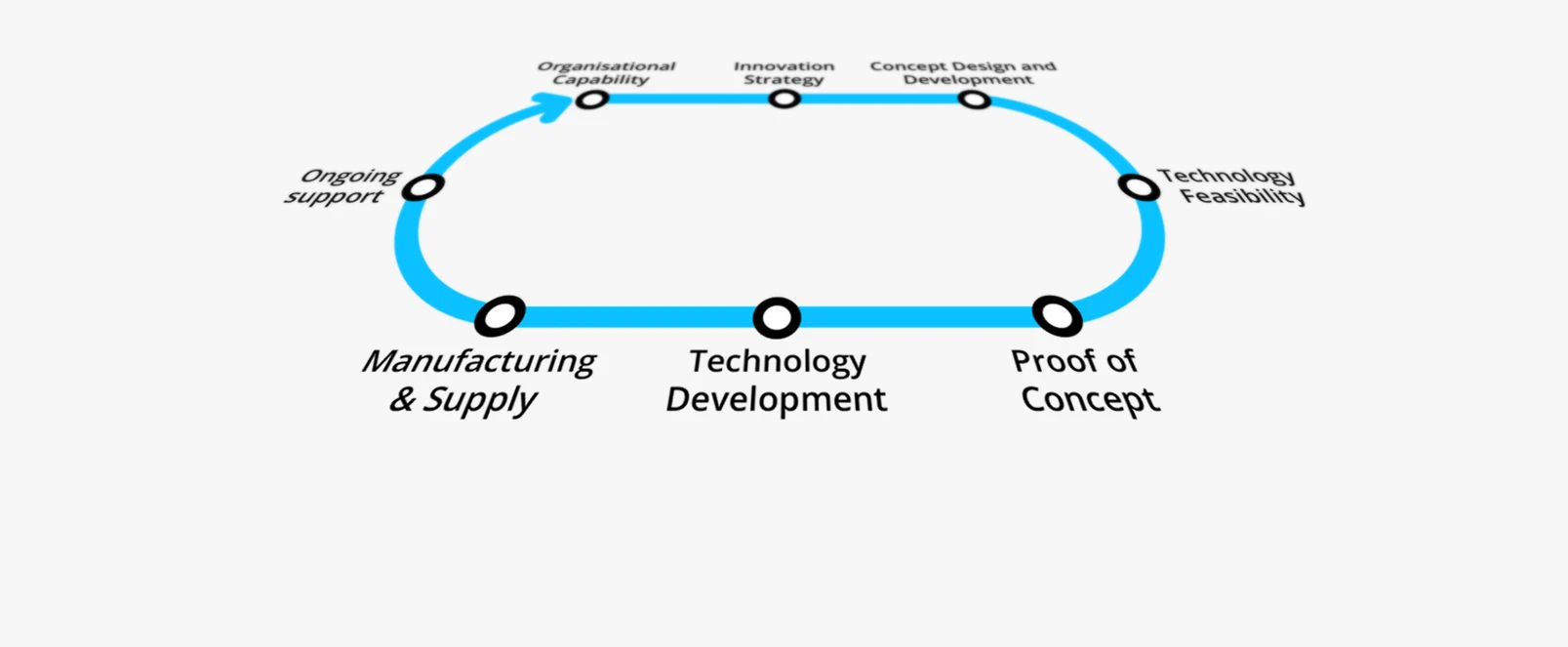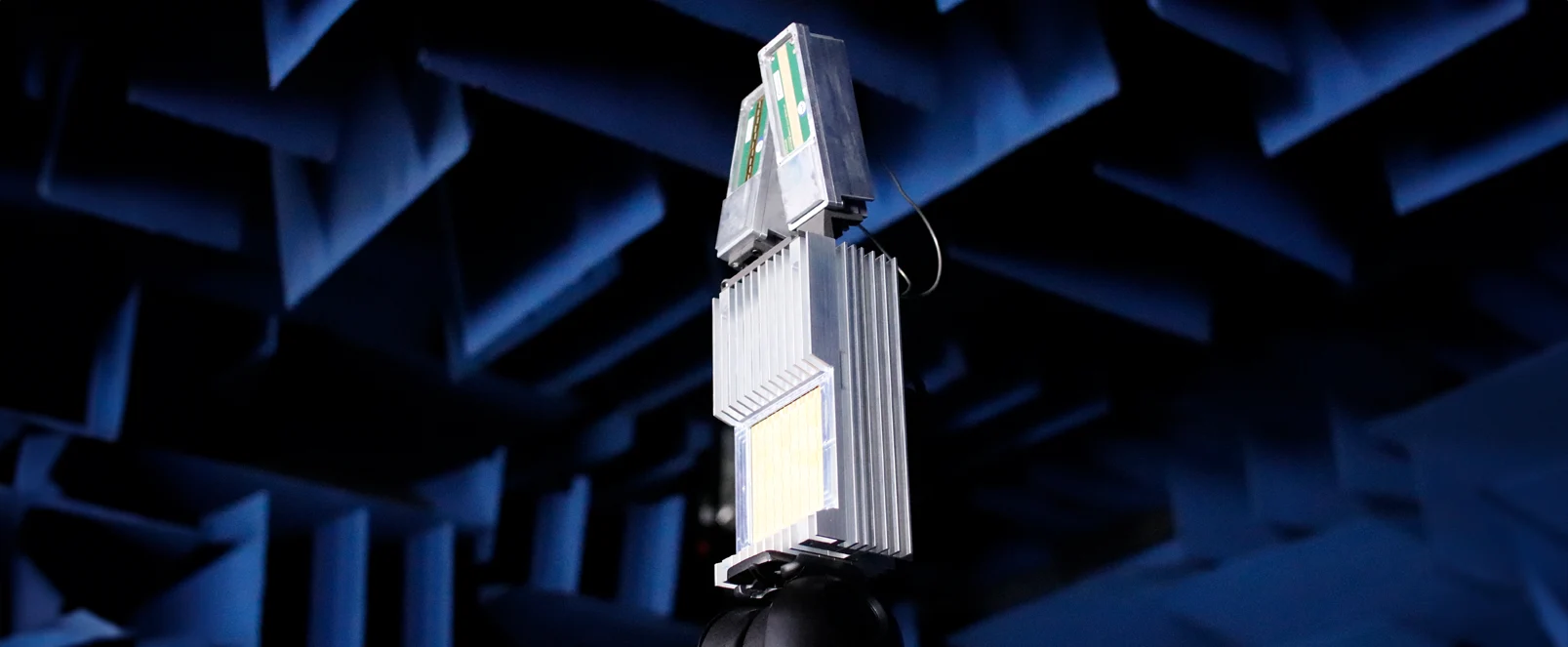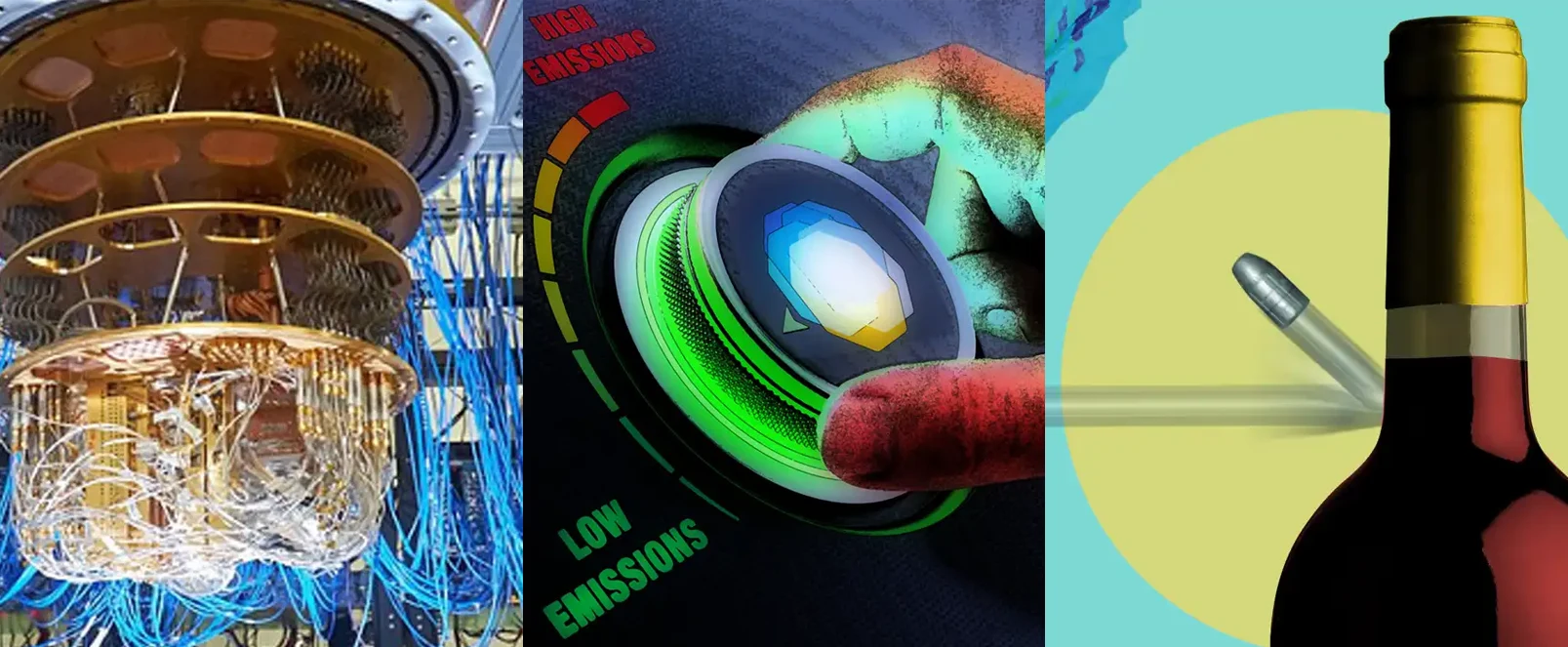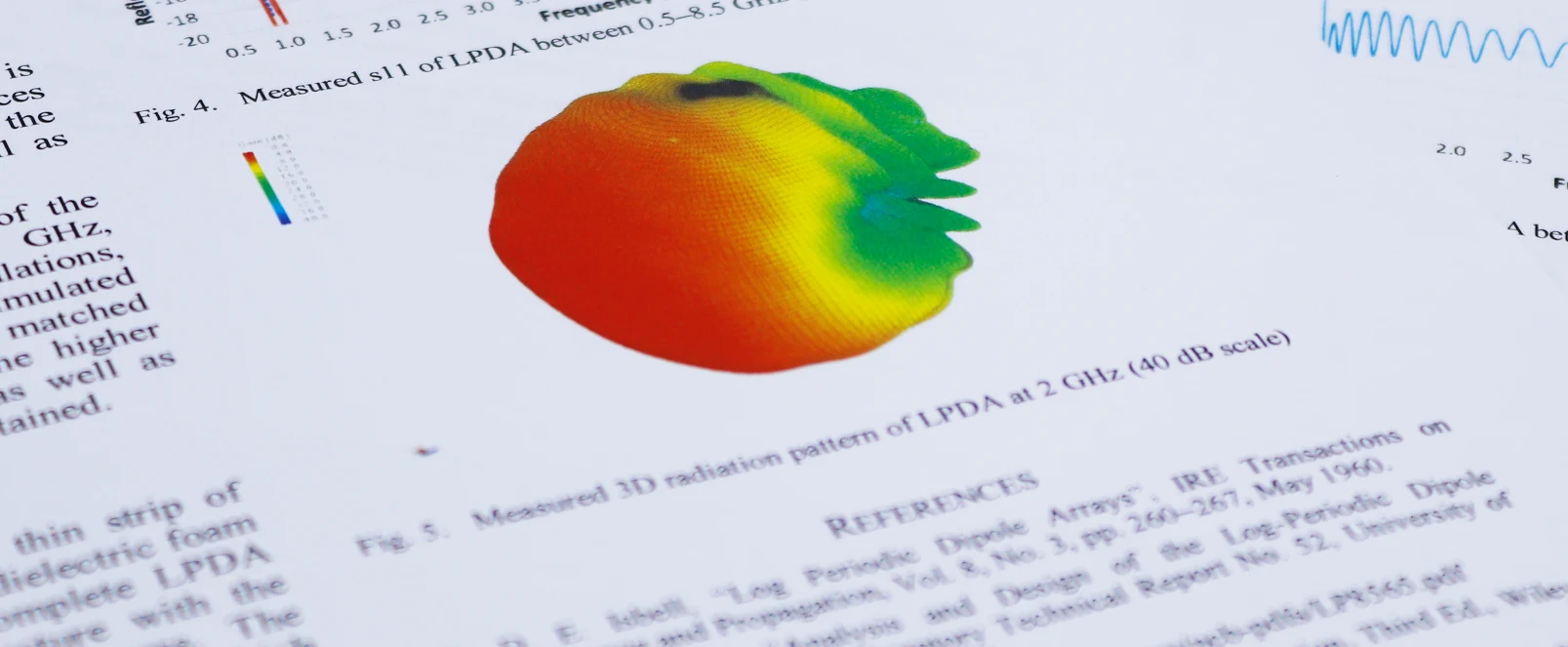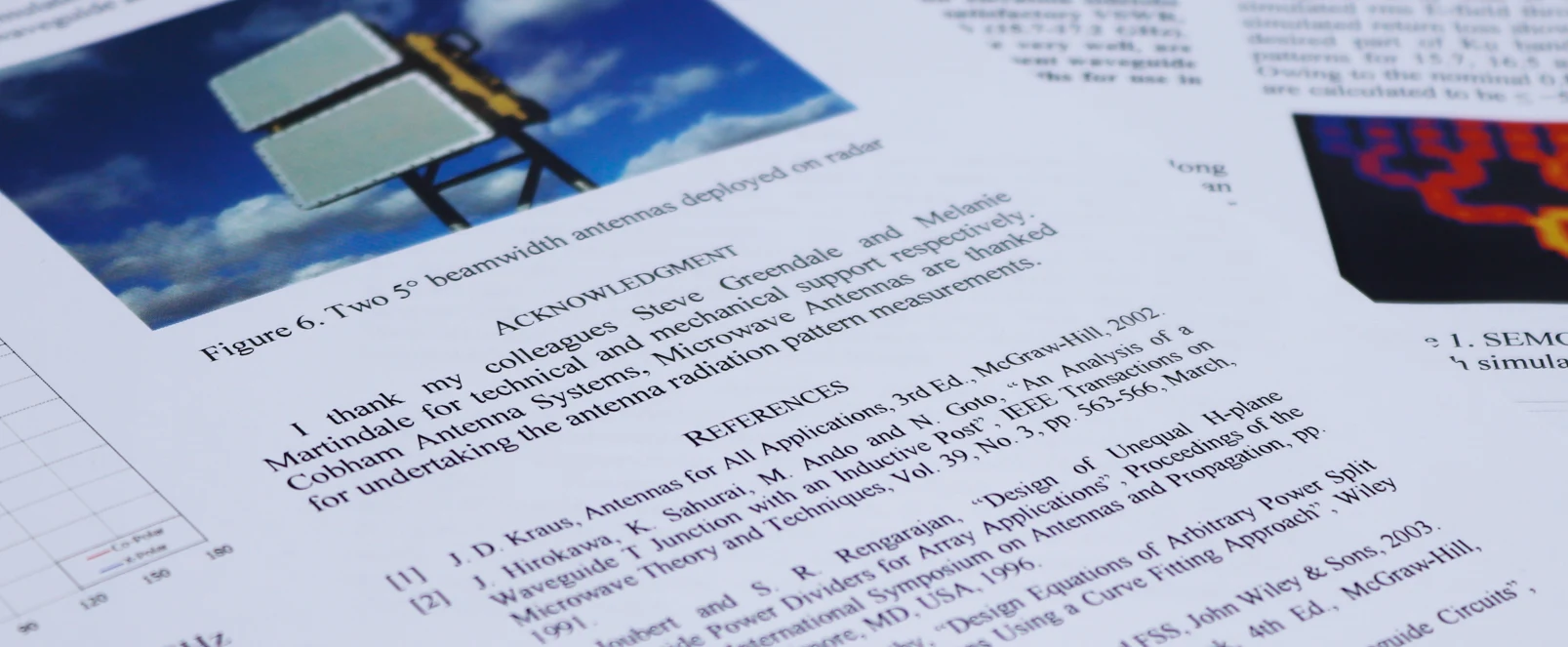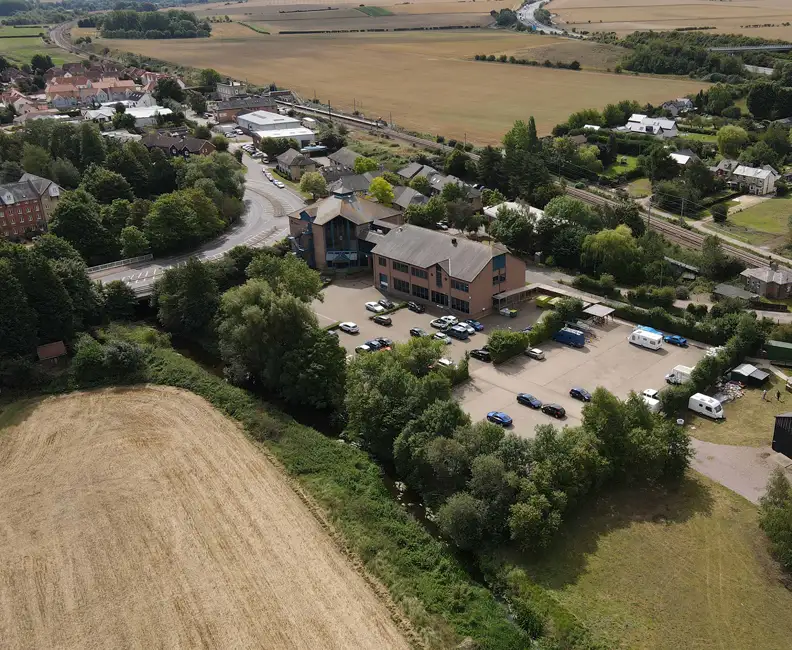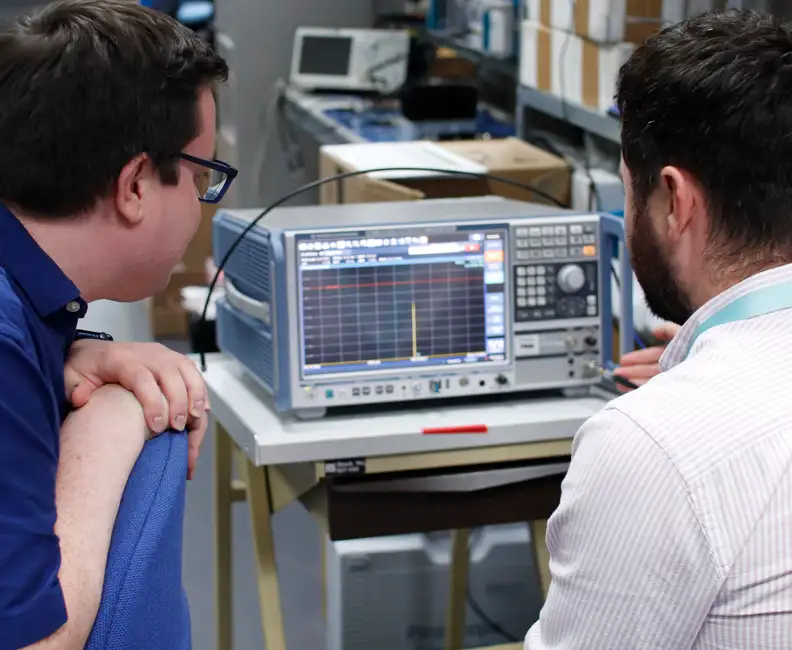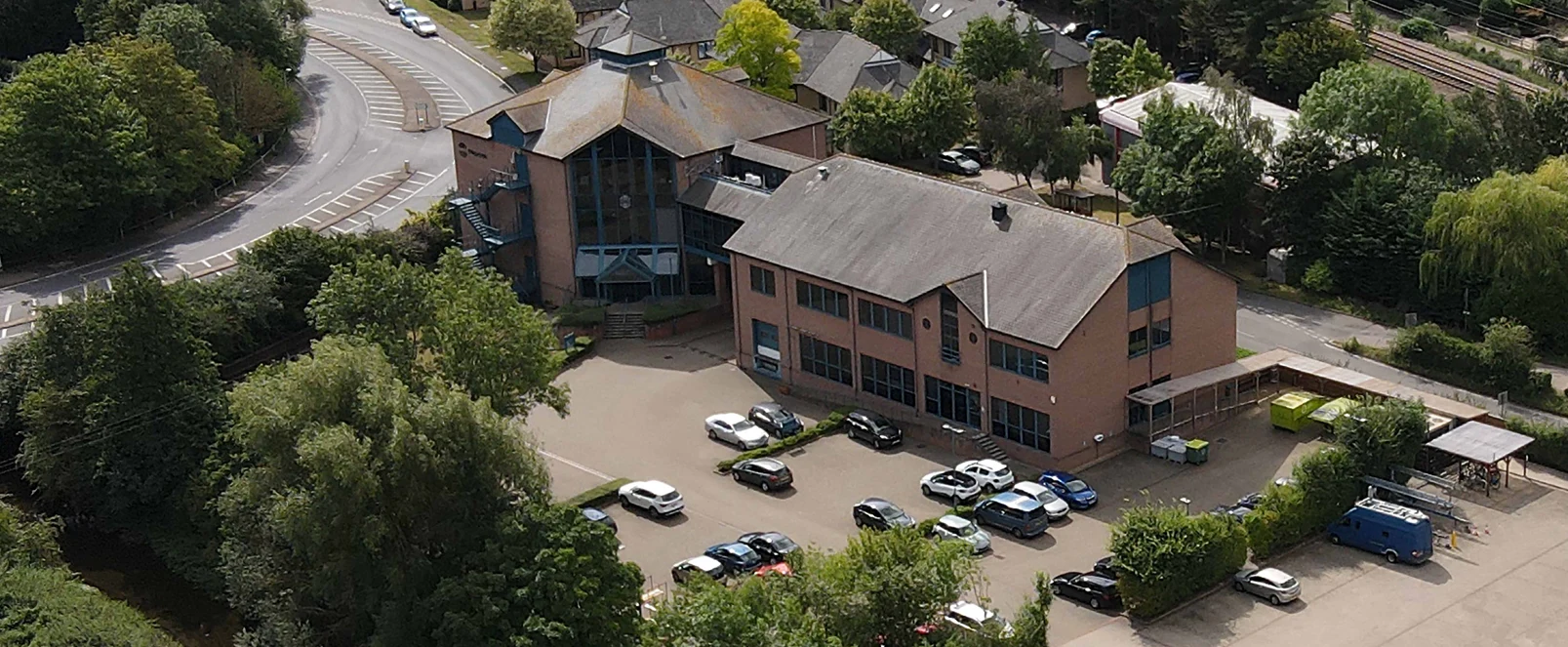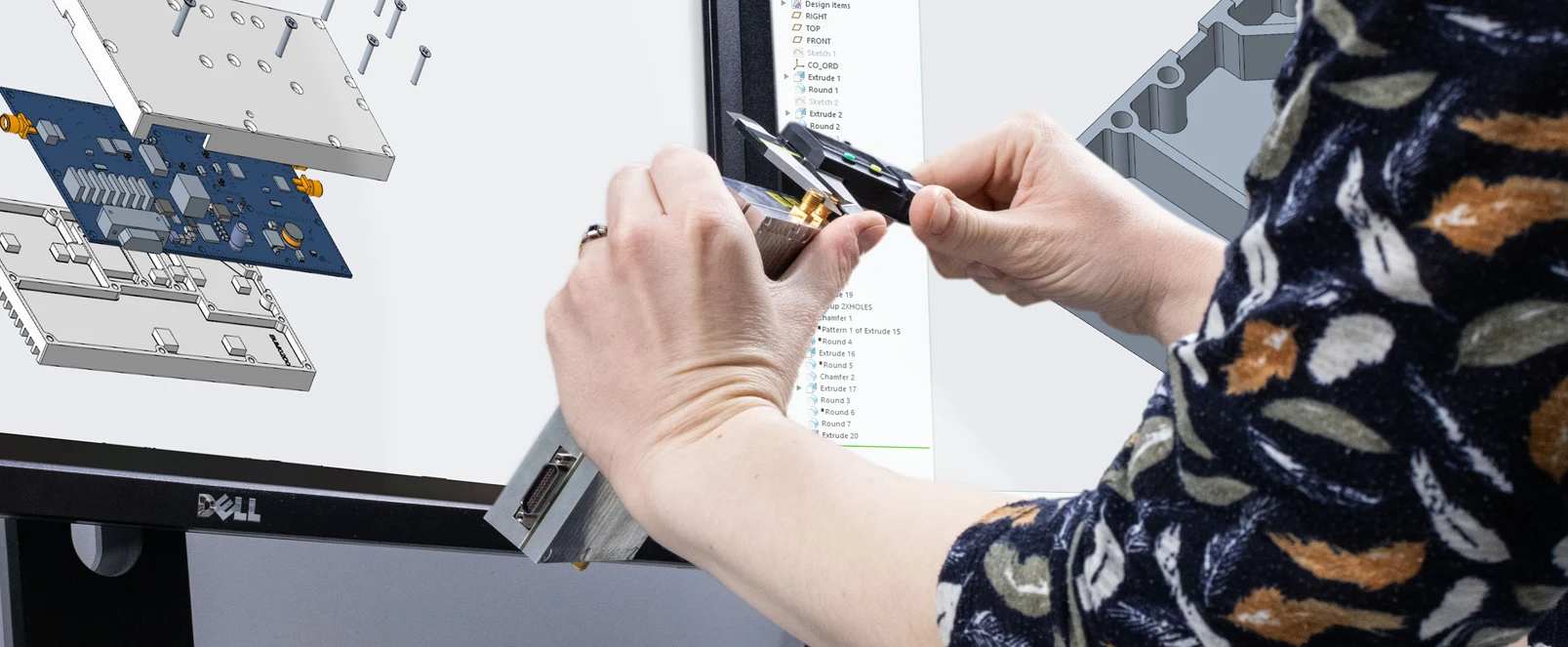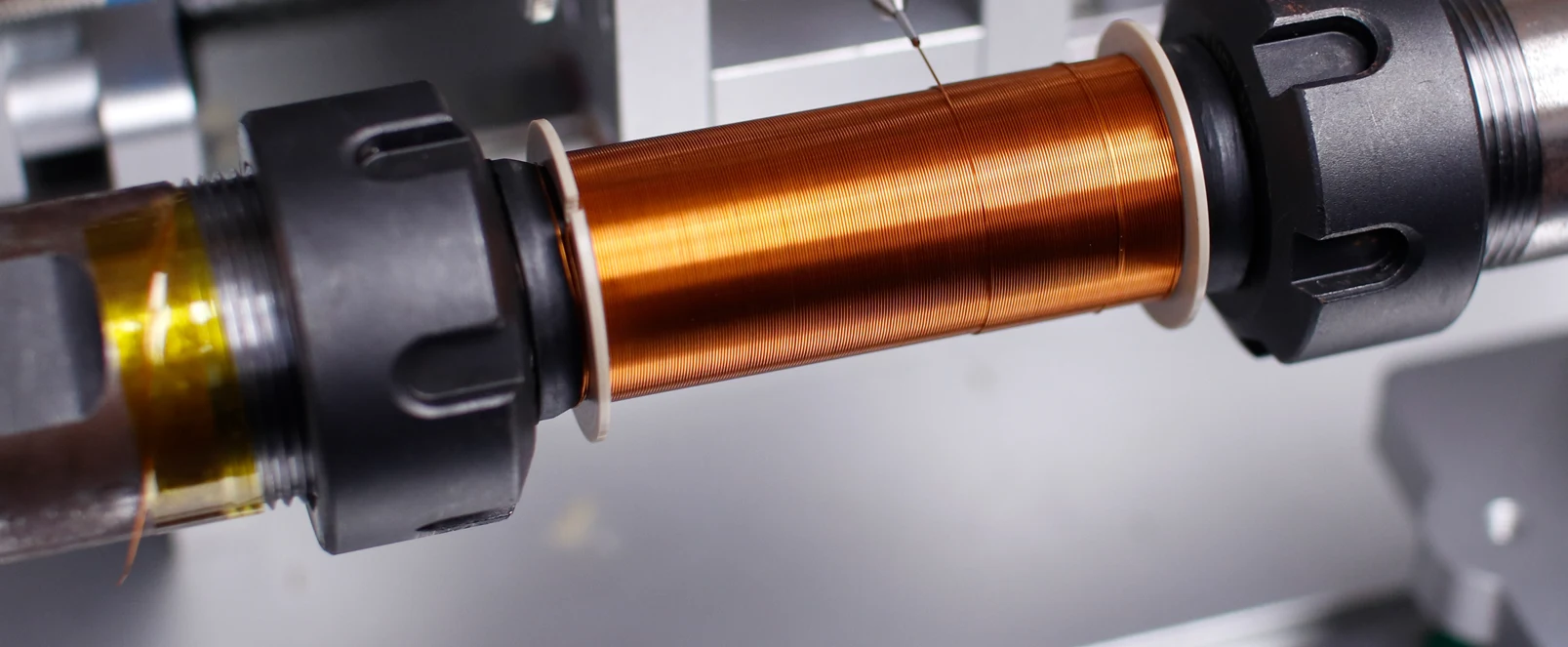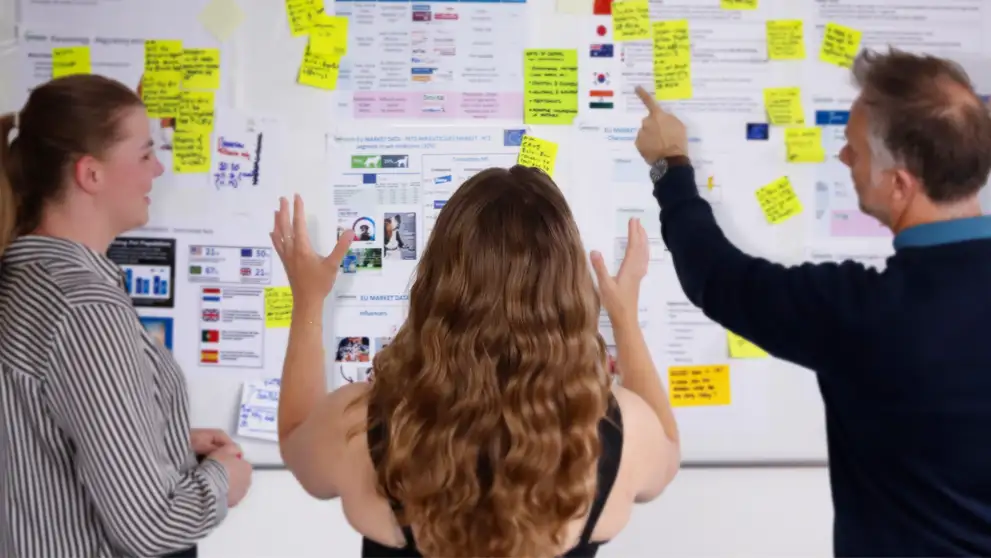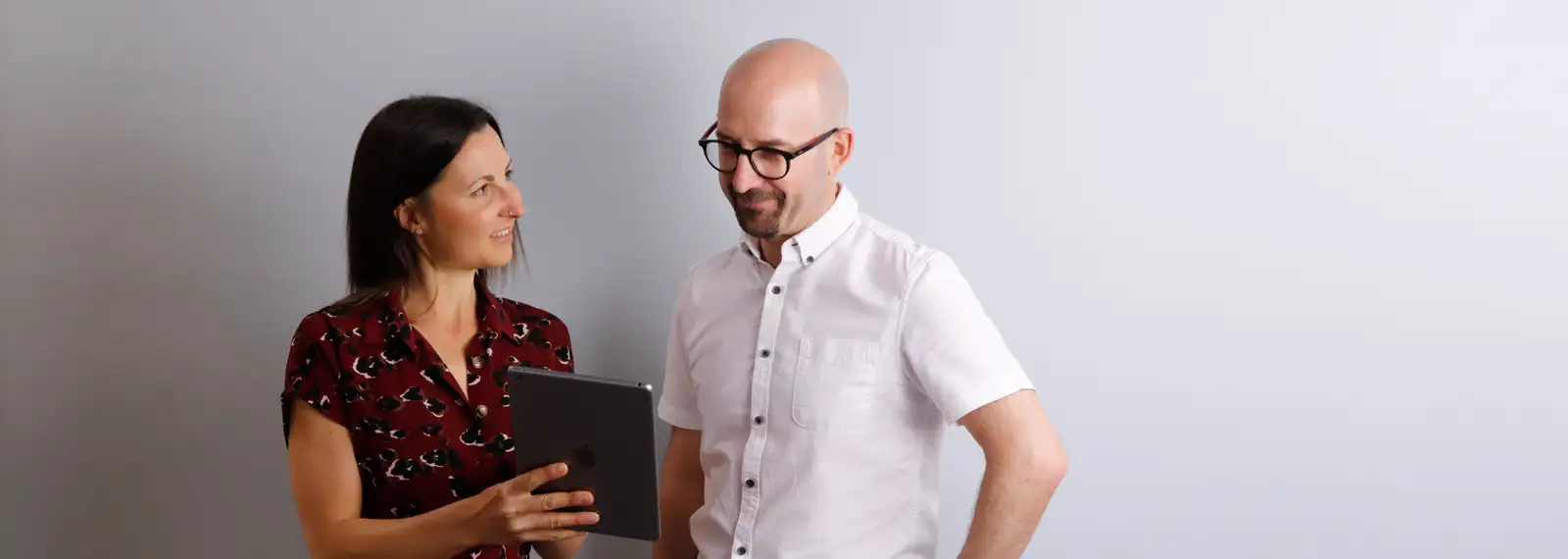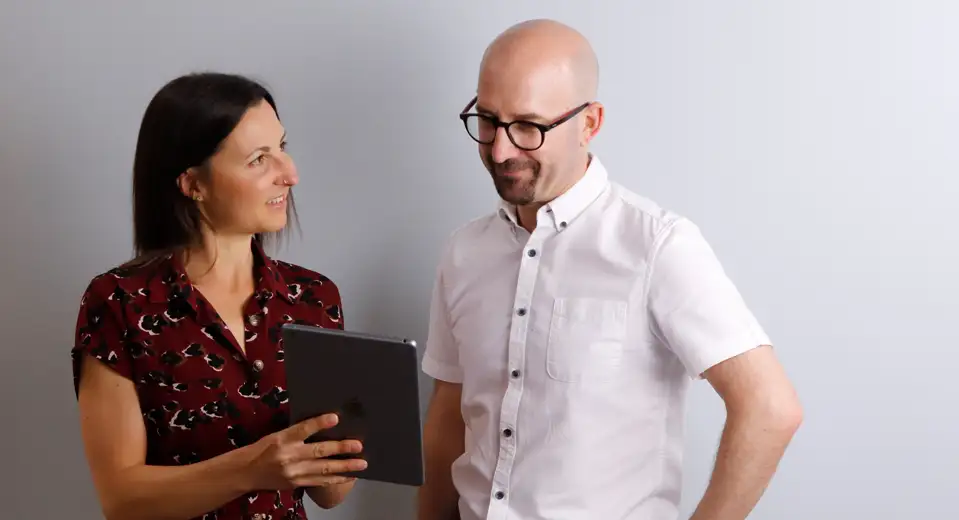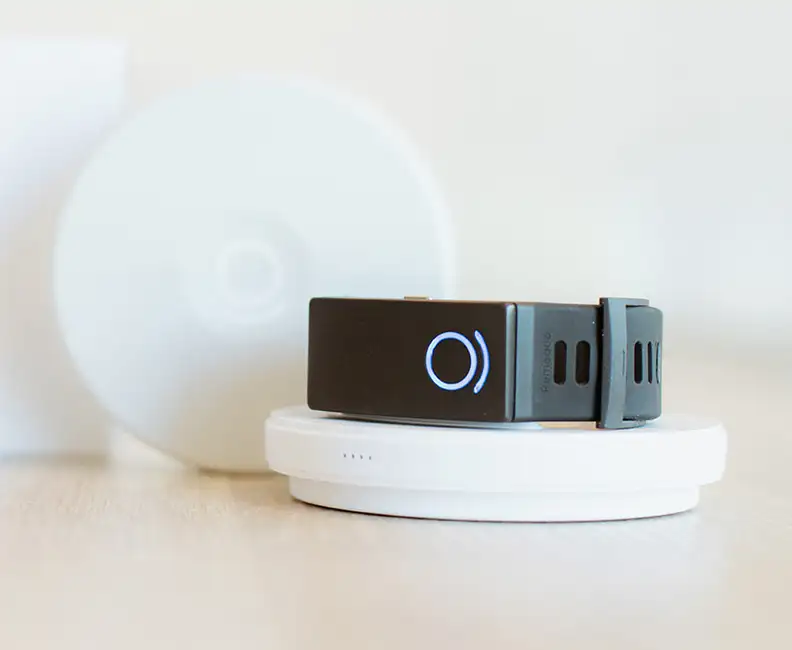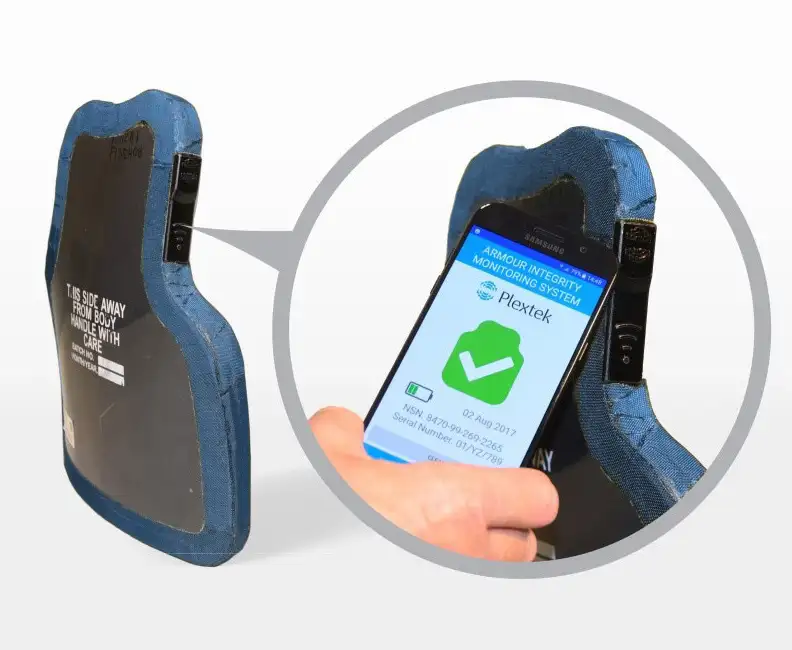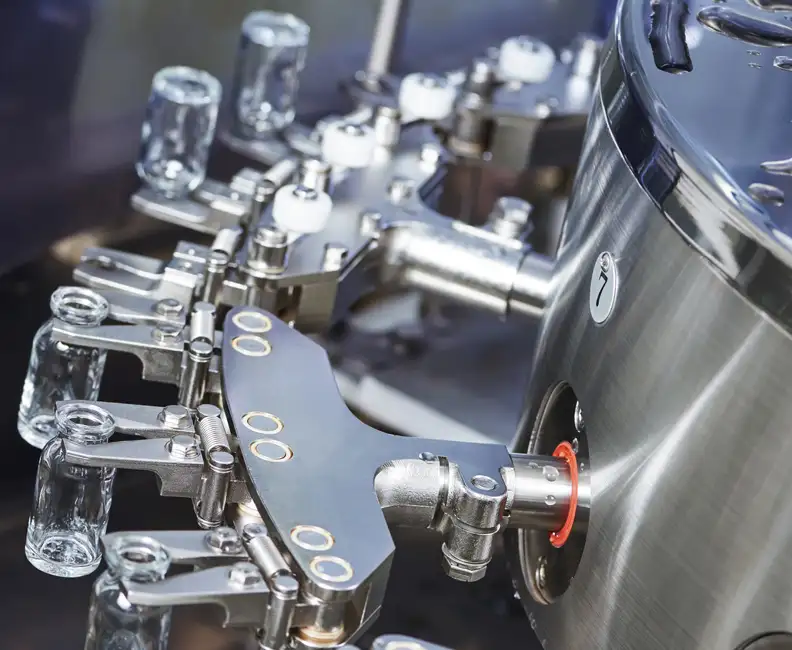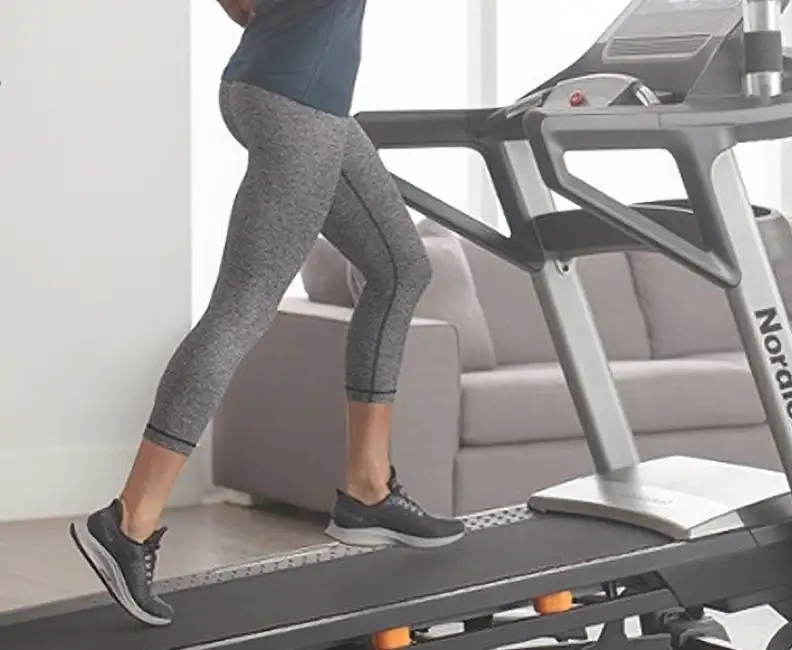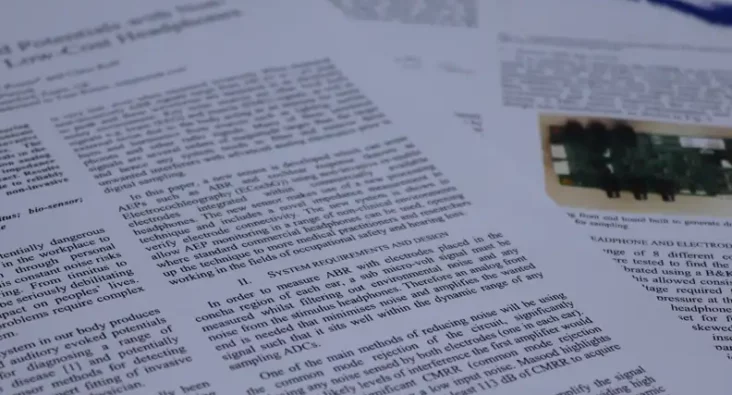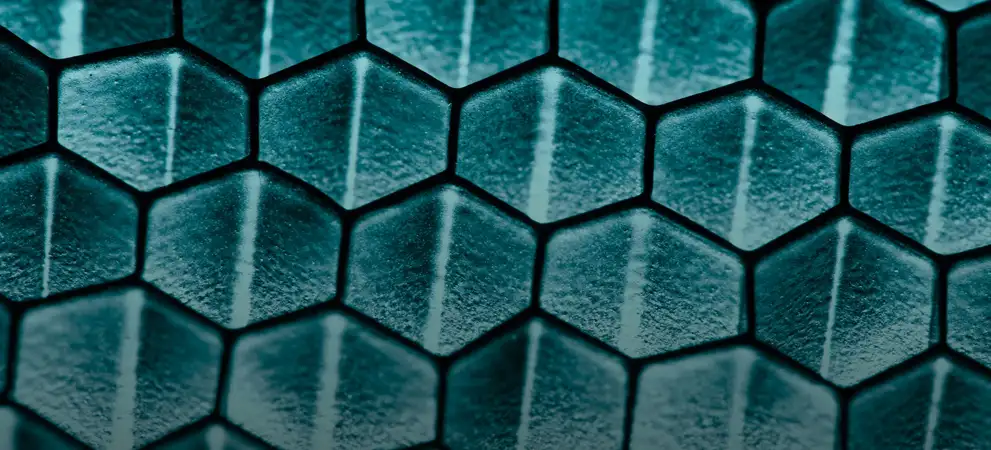
Industrial Design
Translating insights and ideas into the look and feel of a product
From the sleek look and ergonomic feel of a smartphone to the intuitive operation of a smart home controller, industrial design is about so much more than a list of features.
It’s about creating innovative, eye-catching products that integrate seamlessly into their environment, whilst taking into account a variety of factors – from usability, aesthetics and materials to manufacturing processes.
Industrial design brings a product to life, translating insights from activities such as market research, bringing it to life through its appearance, functionality, user experience (UX) and more. Industrial design impacts the buyer’s first perception of the product; every physical touch point the user has with it, the ease of use and maintenance, and beyond. All these attributes significantly impact the buyer’s first impression, influencing every physical interaction, and if done wrong can be very costly to the creator. It also encompasses both physical and digital design, integrating the UX to enhance overall satisfaction.
Real-world challenges
Key skills
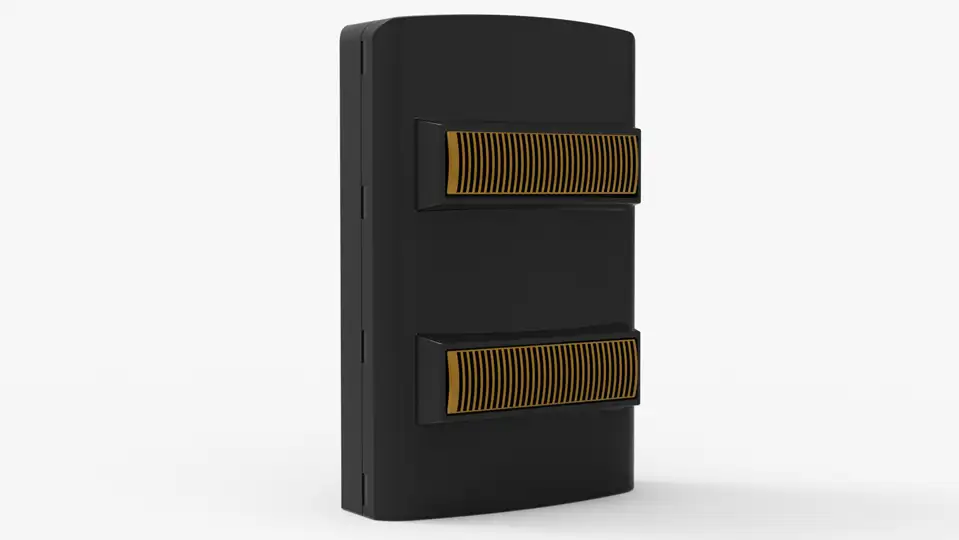
-
Creative thinking
Generating original ideas and turning them into tangible product designs.
-
Innovative conceptualisation
The ability to generate and evolve compelling product concepts based on deep market insights.
-
Technical and commercial insight
Balancing design with technical feasibility and commercial viability.
-
Strategic research
Skilled in conducting and applying visual language research and technological studies to inform design.
-
User-centric design
Designing products that optimise user comfort, efficiency and productivity.
-
Stakeholder management
Effectiveness in engaging and collaborating with cross-functional teams for concept development and refinement.
-
Visual communication
Sketching, rendering and creating engaging visual presentations for stakeholder alignment.
-
Computer-aided design (CAD) tools
Expertise in using CAD for both creative sketch underlays and detailed technical layouts.
-
Design for manufacturing (DFM)
Knowledge of manufacturing processes and the ability to refine designs for efficient production.
-
Prototype development
Competence in developing pop models and prototypes to test and validate design approaches.
-
Project leadership
Leading the design process from initial concept through to design refinement, incorporating feedback loops and technical adjustments.
What sets us apart when it comes to industrial design?
We expertly blend cutting-edge innovation with a deep understanding of both consumer and business needs, ensuring every solution is technically robust, commercially viable and user-centric:
- 3D CAD modelling
- Brand language
- Concept design
- Concept development
- Consumer insight
- Cross-functional collaboration
- DFM
- Design refinement
- Innovation
- Market positioning
- Market research
- Product development
- Prototyping
- Stakeholder engagement
- Technical specifications
